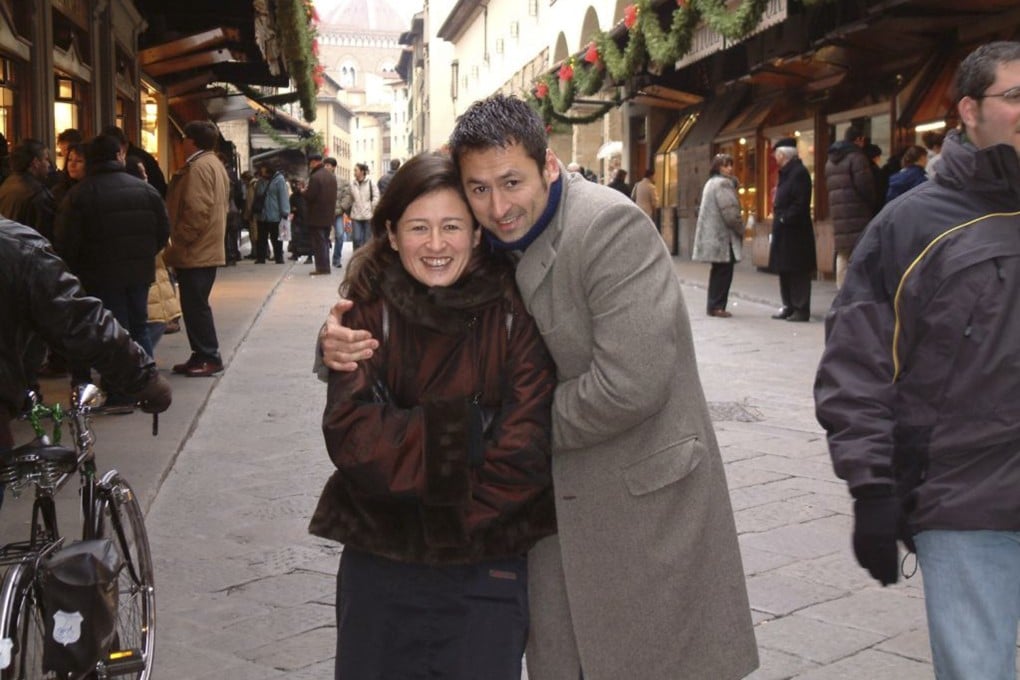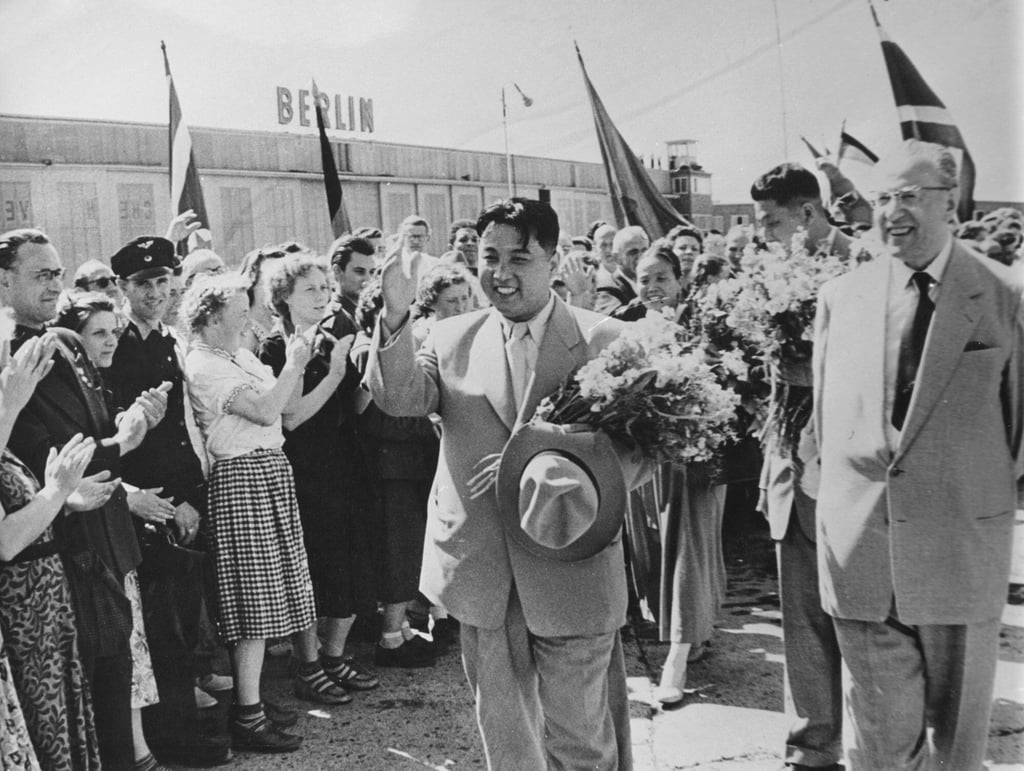Children of North and South Koreans who saw Germany reunify doubt Korea can do the same
- Their families moved to East and West Germany during the Cold War. Now, they speak of their doubts about Korean unification

The telephone call that gave the all-clear came late one night in June 1989. It meant that Daniel Sanghoon Lee, a student just turned 19, was free to set off with his father and a family friend from Frankfurt, then in West Germany, onwards to Berlin.
Travelling the 600km (370 miles) or so by car, they arrived in West Berlin in the morning, met up with a couple of other German-born Korean students for lunch and then all boarded a bus to the East Berlin airport.

Today, North and South Korea are still separated by a fortified border – the demilitarised zone (DMZ) – that doubles as a tourist attraction, albeit one that is decidedly more tense than Berlin’s Checkpoint Charlie.
That summer day in 1989, Lee was among a small group of young travellers that included South Korean student activist Lim Su-kyung, who had travelled all the way from Seoul to East Berlin to board the flight to the North Korean capital, Pyongyang, for the 13th World Festival of Youth and Students, held from July 1 to 8.